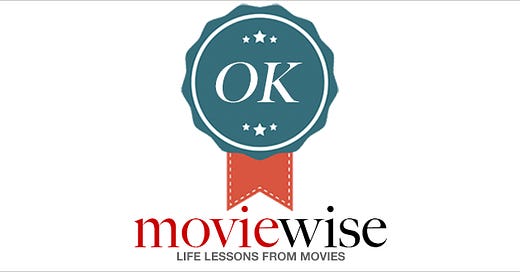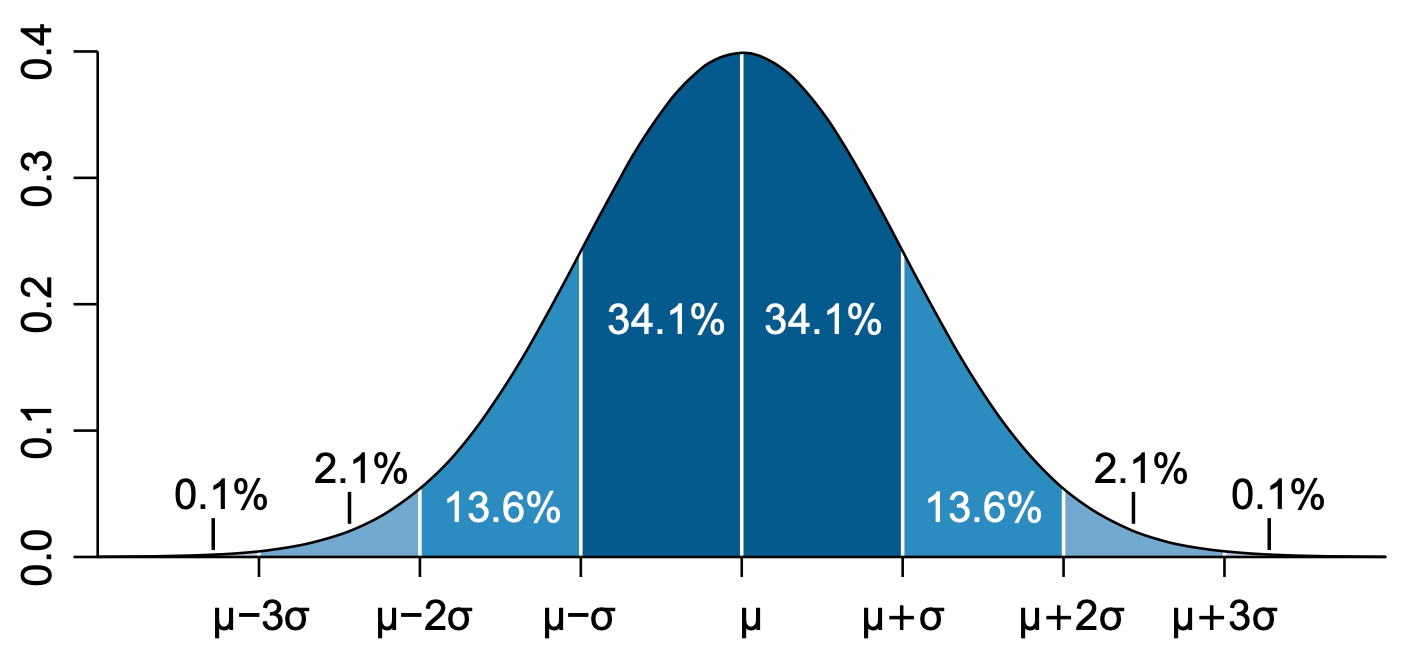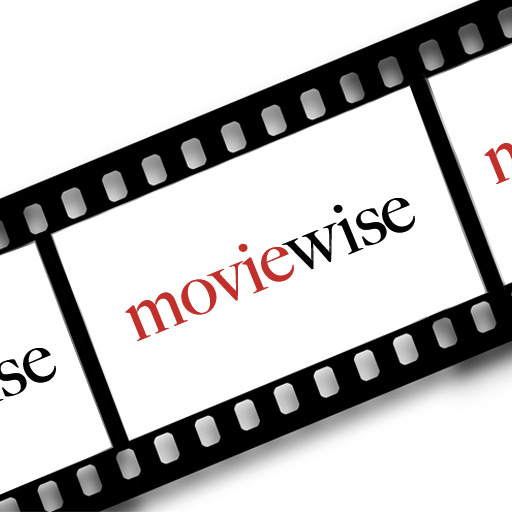Are You Ok? Yes, You Are Ok!
Wisdom From "Won’t You Be My Neighbor" (2018), A Mr. Rogers Documentary
Image by L.E. Wilson from RedBubble based on work by Elis Antonio Rios from Pixabay
There is a quote by renowned astronomy professor Carl Sagan that serves as good, solid, life advice:
Keeping an open mind is a virtue—but, as the space engineer James Oberg once said, not so open that your brains fall out.
With slight modifications, this sentiment can be applied to a wide range of situations:
Do not be so tolerant that you accept injustice, or as famed novelist Fyodor Dostoevsky put it:
Tolerance will reach such a level that intelligent people will be banned from thinking so as not to offend the imbeciles.
Or, do not be so sure about something that you completely stop questioning, as Voltaire stated:
Doubt is not a pleasant condition, but certainty is absurd.
Basically what all of these quotes are urging is moderation. Stay in the middle, in the center, near the peak of the normal curve, as much as you can for as many situations as it is possible. In other words, remember that most things follow the bell curve, or the normal distribution.
Virtue is the golden mean between two vices,
the one of excess and the other of deficiency. — Aristotle
Hence, wouldn’t it be true that the most accurate approximation of the truth, of reality, would tend to be in between the two possible extremes, that is, in the middle of the two tails of the bell curve? This is actually used in scientific fields such as astronomy, and it’s called the mediocrity principle, which basically says to assume that each individual case is an average or typical representation because that is most probable, e.g. assume that our sun is an average star, and Earth is a moderate-sized planet, which is in fact what has been observed. Therefore, in most cases it’s probably wise to find the polar opposite of an idea and seek to understand the moderate or central position, that is, the “golden mean,” that includes bits of both sides.
Extremes are easy. Strive for balance. — Colin Wright
Most of us would do well to follow this recommendation, particularly when it comes to how we see ourselves. Somehow we fall into extremes when we label ourselves or when we categorize other people. Rare are those who would happily describe themselves as average or within the norm in anything from looks, to intelligence, to beliefs, to priorities. Somehow we are encouraged to define ourselves and others in extremes: she is gorgeous or hideous, a brilliant mind or a dummy, he is a die hard fan or a poser, a driven person or a lazy bum.
Is it not acceptable to just be ok looking, to be of moderate intelligence, or be mildly interested in something, or a good worker? The irony, of course, is that most of us are in the middle. We are neither ugly nor beautiful; we’re somewhere in between, which is also likely true in matters of intelligence, our work ethic, our abilities, and our productivity, since most human characteristics from height and weight to blood pressure and cholesterol levels to income distribution and consumer spending follow a bell curve distribution. Most of us perform within the normal range, near the peak of the bell curve, most of the time, just like the majority of others do. Why should this be judged so negatively? Why can’t we embrace being ordinary, common, plain, typical, normal?
It’s as if we think we are worse than we truly are or much better, unreasonably so, than we really are. But an under-inflated or over-inflated sense of self is not realistic and is therefore not healthy, nor is it healthy to ascribe lopsided, simplistic, all encompassing, absolutist descriptors to others, particularly if you’ve never even met the person in question!
How can we solve problems in the real world if we are under the fog of distorted beliefs about ourselves and others? Not well, obviously. Hence, the priority should be to learn how to look at the cold-hard facts, without fear, without embarrassment, without judgement, and be able to accept ourselves, and others, as we truly are, which is likely somewhere in the middle, neither good nor bad, neither angel nor devil, neither truth sayer nor liar.
What if a person is neither worthless nor a diamond in the rough? What if he or she is just in the middle, the salt of the earth—a good, reasonable, straightforward, humble person? Is this so bad? Why would just being an average, ok person not be good enough?
Enter the philosophy of Mr. Rogers, the beloved children’s television producer and entertainer, who was also an ordained Presbyterian minister and hosted a long running educational series called, Mister Rogers’ Neighborhood.
Won’t You Be My Neighbor (2018) is a documentary directed by Morgan Neville about the career of children’s television host Fred Rogers, who developed and starred in the show, Mister Rogers’ Neighborhood, for more than 30 years.
Life Lesson: You can only love and accept others as they are if you love and accept yourself first.
🍿Movie Scene Link (movie quote)
The main message Mr. Rogers wanted both children and adults to hear from his TV show is found in the lyrics to the song, “I Like You as You Are”:
I like you as you are
Exactly and precisely
I think you turned out nicely
And I like you as you are […]I like your disposition
Your facial composition
And with your kind permission
I’ll shout it to a star.I like you as you are
I wouldn’t want to change you
Or even rearrange you
Not by far.I like you
I went home my senior year for a vacation, and I saw this new thing called television. And I saw people throwing pies in each other’s faces. And I thought, “this could be a wonderful tool. Why is it being used this way?” […] There are so many people who will just lump them all together, and say, “hey kids, come along. We’ll see the next cartoon.” And they couldn’t care less about what that cartoon is saying to the child about such things as human dignity. […] I’ll tell you what children need. They need adults who will protect them from the ever-ready molders of their world. […] And one of my main jobs, it seems to me, is to help through the mass media for children, to help children through some of the difficult modulations of life.
— Fred Rogers
And of course what Mr. Rogers was really trying to convey by saying, “I like you as you are” is “I love you.” It’s an expression of unconditional love because as he put it, “Love is at the root of everything: all learning, all parenting, all relationships. Love or the lack of it. And what we see and hear on the screen is part of who we become.”
This last sentiment is echoed in a beautiful quote by film critic Roger Ebert, “To make others less happy is a crime. To make ourselves unhappy is where all crime starts.”
It makes one wonder if a significant reason for the world’s troubles is the result of people who have not accepted themselves and instead seek to make others—or demand others—give them the love they can’t give themselves.
Also, it’s really not possible to love others if you don’t love yourself. And you can’t love yourself if you can’t accept yourself, which doesn’t mean what you do or what categories you belong to. It means who you are underneath the masks we put on, underneath the labels, underneath the fashion clothes, the makeup and hair styles, the espousing and joining in the current political, cultural, or media-driven fad.
Who you are is the child within, the person who wants to love and be loved. And Mr. Rogers wants you to know that you’re fine, just the way you are.
Knowing that should help you find your way toward peace, harmony, and tranquility so that you can become a good neighbor and create the kind of nurturing, understanding community that Mister Rogers’ Neighborhood represented as he envisioned in the opening theme song of every episode, “Won't You Be My Neighbor”:
I have always wanted to have a neighbor just like you,
I’ve always wanted to live in a neighborhood with you.
So let’s make the most of this beautiful day,
Since we’re together we might as well say,
Would you be mine?
Could you be mine?
Won’t you be my neighbor?
Visit the moviewise catalogue—a searchable database of one sentence movie summaries, movie quotes, and movie wisdom—for movie recommendations.
Also visit the moviewise store. Get a t-shirt, bag, or pillow with your favorite #LifeLesson from a movie. Reply to this or leave a comment below to make a request.










